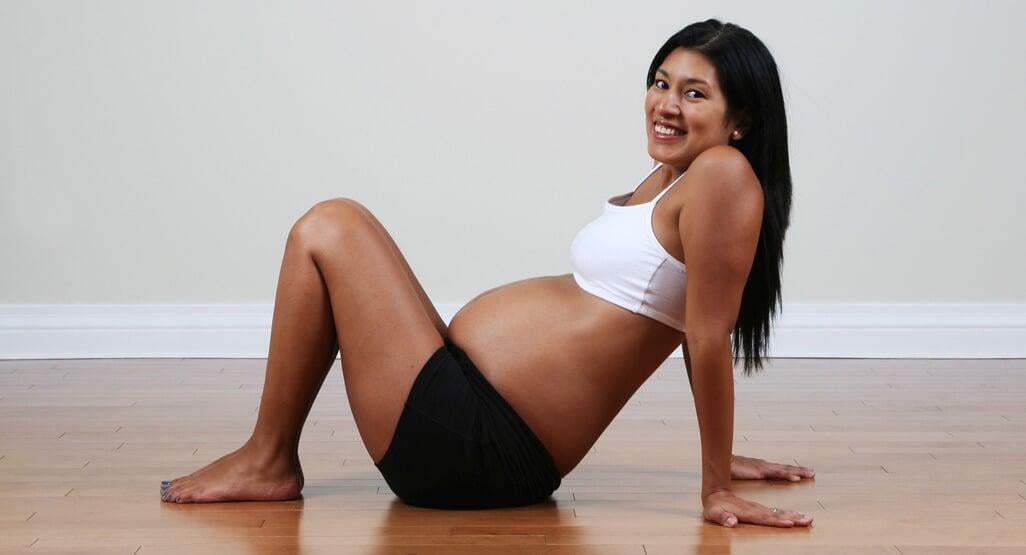Prenatal + Postpartum Pelvic Health
One of our specialties is caring for women during pregnancy and postpartum and all of our Physiotherapists have specific training to help you on your journey.

Pregnancy may be the best time to start your labour prep journey, and we can start as soon as you would like to. We recommend coming in as soon as you feel comfortable (late first or early second trimester) because doing exercises are easier at this time as compared to 36 weeks.
Having said that, it is never too late and we can certainly prepare for labour adequately later on in the third trimester as well.
Our Physiotherapists have taken special training to help you during pregnancy and will assess your back, hips, abdomen, along with your pelvic floor via a vaginal internal examination (only if you wish us to!). This gives us a good indication of what your range of motion, mobility, and strength is like and we provide you with exercises to do at home. There is strong research to indicate that doing Pelvic Physiotherapy during pregnancy can help to reduce issues at the time and postpartum and this is our goal for you.
Beyond this, towards the end of pregnancy we cover perineal massage, which is internal massage you or your partner can perform to help relax the vaginal muscles in preparation for delivery. During the same appointment we usually cover pushing techniques, unless you have a scheduled c-section. Expectant mothers usually leave feeling well prepared and confident heading into labour and delivery.

Postpartum care can look different person to person as each delivery is unique. Care can begin as early as you wish, but it is standard to start at six weeks postpartum. Having said this, we have seen clients earlier on at 2-4 weeks, especially if they are getting any pelvic symptoms related to pelvic organ prolapse: heaviness, pressure, bulging, feeling something is sitting low and down, protrusion. In this case we can get you started with gentle exercises.
At six weeks postpartum we check for ab separation, scar tissue externally and internally, muscle strength, and prolapse. We can advise you for safe return to physical activity based on our assessment and give you specific exercises to do, to help you return to your daily activities and exercise without issues (including intercourse). The number of visits will depend on the issues you are experiencing. We have seen mothers just once to do a postpartum check in, and at other times it can be several sessions.


